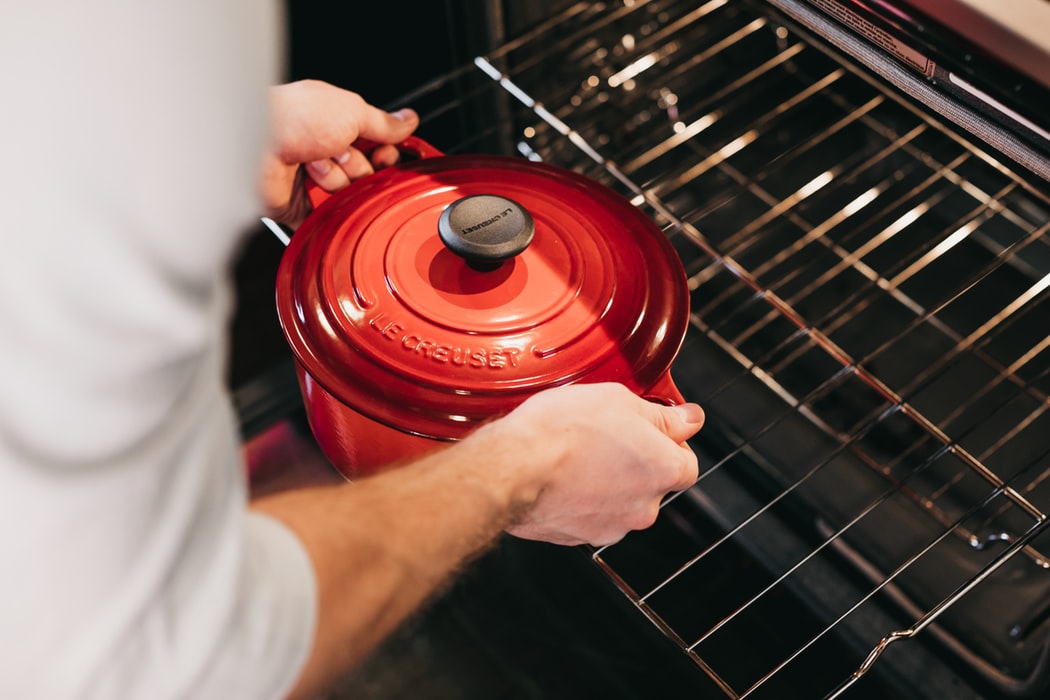From a young age it is instilled upon us, not to ‘cry over spilled milk’. The same goes for burnt dinner, one should never cry over that either; instead recognize your achievements as a loss prevention and risk management technique essential to the safety of your family. Frozen raspberry pie juiced over, a taquito rolled off the baking sheet, tried to saute a steak and spilled melted butter on the range? I’m speaking from experience here, the before mentioned scenarios will all make the smoke detector sound, which confirms it is in good working order! Next time dinner is burnt, tell your loved ones you are simply testing the safety equipment!
October is Fire Prevention month, what better month than to test your equipment to keep you and your loved ones safe?!
Smoke Detectors
- Tape an index card or post-it notes inside one of your kitchen cabinets recording the date that you annually change your smoke detector batteries – time flies and the time in between changing your batteries is of no exception to that, it is important to keep track of when you last replaced the batteries.
- Test your smoke detectors by pressing the test button on the unit. You can also take smoke detector testing a step further by holding a candle near the unit and blowing it out to see if the smoke is detected, if it isn’t working properly, always error on the side of caution and replace the unit.
Fire Extinguishers
- You should always have a fire extinguisher accessible in the kitchen and be mindful where you store it. Cabinets above the range are not a good location as they could easily be engulfed in flames in the event of a oven or stove top fire. Consider storing them in a place less likely to be impacted by a kitchen fire such as the pantry or under a sink.
- Review your equipment and be mindful that different manufacturers of fire extinguishers have different expiration dates and shelf life. Look for the tag with the expiration date and manufacturer’s instructions.
- Replace expired fire extinguishers and dispose of them properly. You can contact your local fire department for additional instructions for safe and recommended disposal.
Carbon Monoxide Detectors
- Carbon monoxide detectors serve as an early warning system to evacuate your home should poisonous gas be leaking inside. As important as it is to have this device present to prevent a leak from reaching dangerous levels, it is equally as important to be familiarized with your equipment and the servicing it needs. Some units that plug in to the wall still require a battery should the power be out.
- Some alarm companies feature hardwired carbon monoxide detectors that automatically dispatch authorities, investigate this option should you install a home security system.
As important as it is to have the proper early detection and prevention measures in place, it is also important to have procedures in place as well. Talk with your family about your fire evacuation plan so everyone is aware of what they are to do in the event of an incident. Steps as simple as reminding children to call 9-1-1 in the event of an emergency

